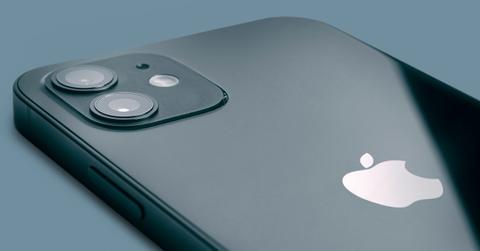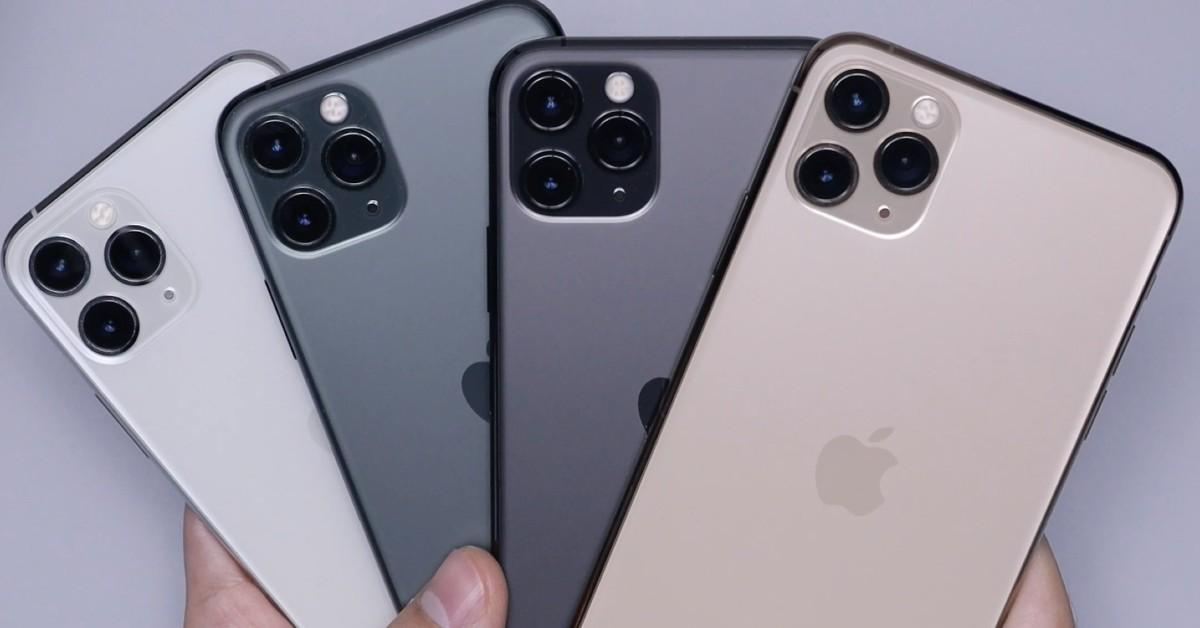Frustrated iPhone Users Don’t Understand Why Apple Went Back to Aluminum
Frustrated Apple users believe switching from titanium to aluminum is a huge downgrade.
Published Sept. 10 2025, 3:35 p.m. ET

When Apple introduced titanium to the iPhone 15 Pro in 2023, it was marketed as a premium leap forward — lighter than stainless steel, tougher than aluminum, and worthy of the “Pro” name. Two years later, Apple is walking that decision back. The iPhone 17 Pro and Pro Max are going back to aluminum, and the internet is buzzing.
Now, the buzz isn’t because Apple gave a satisfying explanation as to why. It’s because Apple users aren’t really buying this change in the design as an upgrade.
Many users are convinced Apple has quietly downgraded its Pro models, and they aren’t happy about it. So, why did Apple go back to aluminum? That’s the million-dollar question — and it’s a question Apple hasn’t clearly answered.

Apple hasn’t explained why they decided to go back to aluminum, and that is fueling the frustration.
In its official announcement, Apple framed the iPhone 17 Pro’s aluminum build as a win for performance and sustainability. With aerospace-grade aluminum and vapor-chamber cooling, the phones are supposed to feel lighter, stay cooler, and stretch battery life further.
That, however, is just Apple’s spin on the iPhone 17 Pro. Behind the scenes, insiders like Bloomberg’s Mark Gurman say it’s more straightforward: aluminum is lighter, dissipates heat better than titanium, and makes sense now that the Pro Max is getting a larger battery. “Aluminum is both lighter and dissipates heat far more effectively, which will be a nice change for anyone used to a 15 Pro or 16 Pro.”
While everything sounds reasonable and makes sense on paper, Apple users don’t feel like they are winning with this questionable upgrade.
Apple customers say aluminum feels like a downgrade, not a Pro feature.
On Reddit, Apple users quickly turned the conversation into a debate over whether the company is cutting corners. One thread summed it up: “Apple hyped titanium as premium, and now they’re walking it back. How is that not a downgrade?”
Others echoed the same sentiment — if titanium was sold as a luxury, aluminum feels like the cheaper option. Some users admitted aluminum has practical upsides, but the perception problem is glaring: when you buy a “Pro” model, you expect to get more premium features, not less.
The case for aluminum is real — but it doesn’t solve the perception problem.
Aluminum is lighter, easier to manufacture, and far better at moving heat away from the internals — something that matters as Apple Intelligence and camera-heavy processing put more strain on devices. Titanium, by comparison, holds heat in, which may have contributed to the iPhone 15 Pro’s early overheating complaints.
So, the choice makes engineering sense. Apple users, however, can’t look past the fact that the company originally hyped up using titanium Pro designs.
Apple has found itself in a tricky situation with this decision. The company can frame aluminum as smarter, lighter, cooler, and greener. Experts can point to batteries, AI features, and weight competition with the super-thin iPhone 17 Air. Users, however, are stuck on one thing: Apple told them titanium was premium.